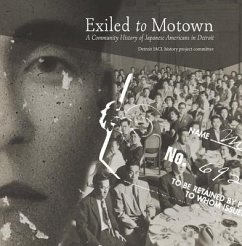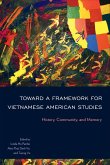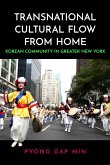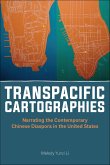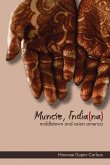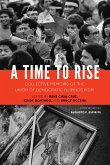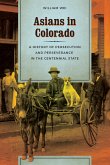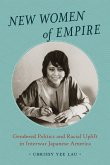"During World War II, Detroit emerged as a relative space of freedom for Nisei permitted by the War Relocation Authority to leave sites of incarceration but banned from returning to their homes in the exclusion zones. These Nisei connected with an existing Japanese American community that had been formed by immigrant trailblazers who came to Detroit in the early twentieth century to be part of the booming auto industry. While many of the wartime migrants later returned to the West Coast, those who stayed in Detroit negotiated living and raising families in a region torn apart by Black-white conflict and then scarred by "Japan-bashing" in the face of economic decline. Drawing from a community-based oral history and archiving project, Exiled to Motown captures the compelling stories of Japanese Americans in the Midwest, filling in overlooked aspects of the Asian American experience. It serves as a model for collaboration on projects between scholars, elders, and community activists." --
Bitte wählen Sie Ihr Anliegen aus.
Rechnungen
Retourenschein anfordern
Bestellstatus
Storno

